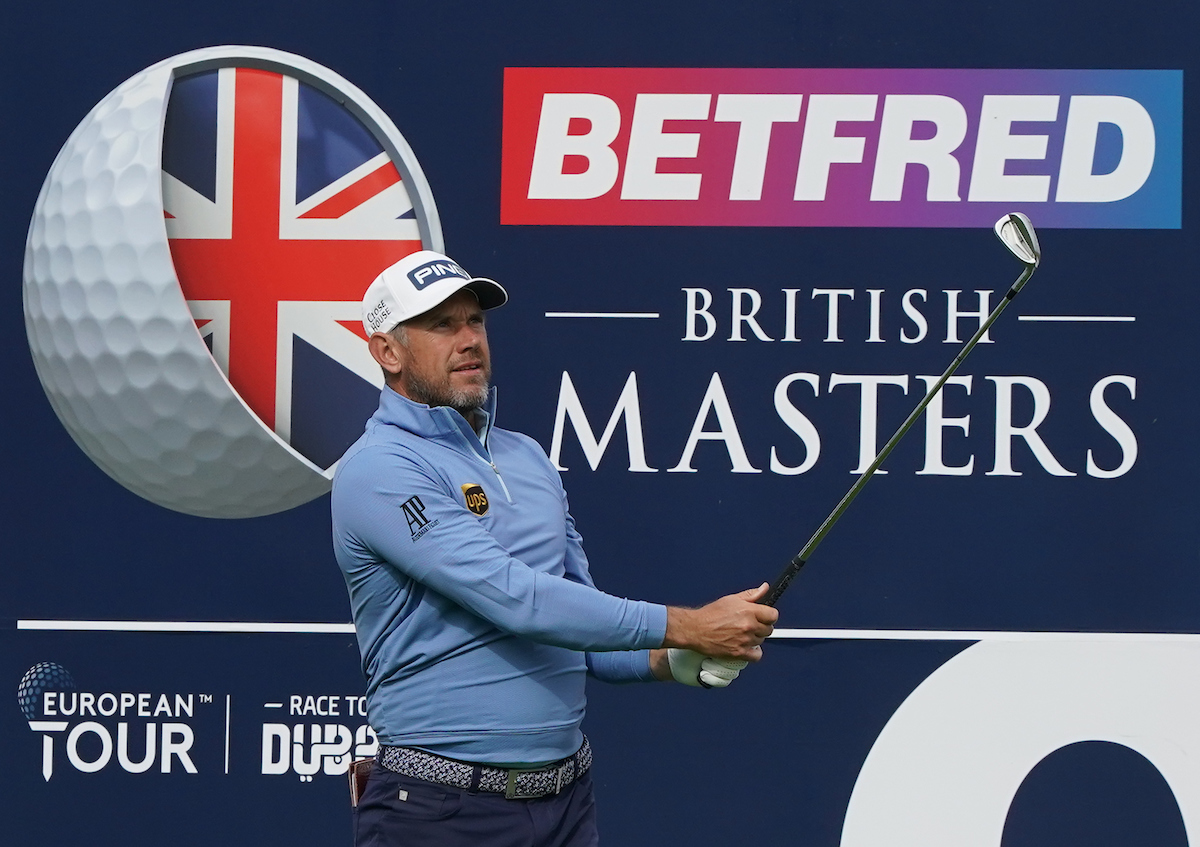
Uncle Sam grants PGA Tour a coronavirus pass
Let’s see if we have this right: If you travel to the U.S. from Europe, you are required by the federal government to quarantine for 14 days because of the coronavirus pandemic.
Except now, if you play golf on the PGA Tour, you’re exempt from quarantine. If you’re accompanied by a coach or a trainer, he or she is exempt, too. But if your spouse or any family members travel with you, they must quarantine.
But if you test positive for COVID-19, the Tour rules are that you must quarantine for 14 days. Except if you continue to test positive after a time with no symptoms, you can come back and compete but you can’t enter the clubhouse, and you are required to either play alone or be paired with players in a similar circumstance.
Lee Westwood put the situation succinctly. The 47-year-old Englishman says he won’t come to the U.S. to play because he says, “I’m still more concerned that America doesn’t take it [the coronavirus] as seriously as the rest of the world.”
According to ESPN.com and GolfChannel.com, PGA Tour players received a memo late Friday from Tyler Dennis, a senior vice president and chief of operations, that said the White House had lifted quarantine restrictions for foreign players, caddies and “essential personnel” traveling to play in Tour events. The reason given was “these groups are subject to COVID-19 testing and screening through the Tour's rigorous health and safety protocols throughout a tournament week,” according to the memo.
However, if any foreign player – any other player or caddie – tests positive at a tournament site, he must isolate for 14 days. But a player who tests positive but has been in isolation for at least 10 days since he first had symptoms and has gone 72 hours without any fever or respiratory issues may return to competition, even if he continues to test positive.
Yes, you read that right: even if he continues to test positive. The Tour calls it a “timed-out” policy. Apparently, the Tour is following guidelines from the U.S. Centers for Disease Control and Prevention in this regard. You’d think the Tour would want to follow a higher standard.
Those players can’t go into the clubhouse or locker room and can’t be paired with anyone who hasn’t tested positive. Nick Watney, Dylan Frittelli and Denny McCarthy played in the same group at the recent Workday Charity Open. McCarthy was paired with Harris English at the Memorial Tournament. English tested positive at the Rocket Mortgage Classic.
So, the question becomes: If players who continue to test positive aren’t safe enough to be around non-infected people, why is it safe for them to play in a tournament?
At least 21 players and caddies on the PGA and Korn Ferry tours reportedly have tested positive since the restart in June. And that’s from among a total of more than 600 players and caddies on both tours.
According to Golf Channel, the LPGA confirmed that its players also will be covered by the new travel rules when the women's tour restarts its season this week.
To be fair, the PGA Tour has done a remarkable job logistically in bringing back live competitive golf. Golfers all over the world have applauded. But while the Tour gets most of the public credit, the golfers have played vital roles in the return.
It’s obvious that nearly all of the players and caddies have followed the precautionary measures to prevent them from being in harm’s way by catching – and possibly spreading – a virus that has infected 4.37 million in the U.S., including nearly 150,000 deaths.
But that doesn’t completely eliminate the risk.
“I can control me not getting the virus and take all the measures I can, but somebody might pass it on,” Westwood said. “I don’t really want to get ill with it, and I’m slightly asthmatic.
“If I tested [positive at this week’s WGC FedEx St. Jude Invitational] in Memphis, I would have to stay there for two weeks, and I’m not sure about insurance policies, etc. Right now, there are too many what-ifs. If you take all them into consideration, there is something wrong.”
And a White House intervention on behalf of professional golf, on its face, is smelly in the least. The rationale is that PGA Tour players are tested multiple times before and during an event, which supposedly would catch a foreign player who has COVID-19 when he arrives in the U.S.
Therein lies another issue that doesn’t get the attention it deserves. Millions of U.S. residents who want a COVID-19 test can’t get one. And even if they are tested, it often takes days to get the results, which renders the test useless.
Yet, Tour players – and other professional athletes – are tested constantly. It’s necessary for sports to return, so we tend not to criticize because we want our baseball, basketball, football – and golf. We’d rather talk about fake crowd noise and cutout “spectators” at baseball games.
However, the whole thing smacks of privilege, which is why our game too often gets hammered by non-golfers. We need professional golf for our collective morale and mental health. But at what price? And how much is too much?
Sign up to receive the Morning Read newsletter, along with Where To Golf Next and The Equipment Insider.